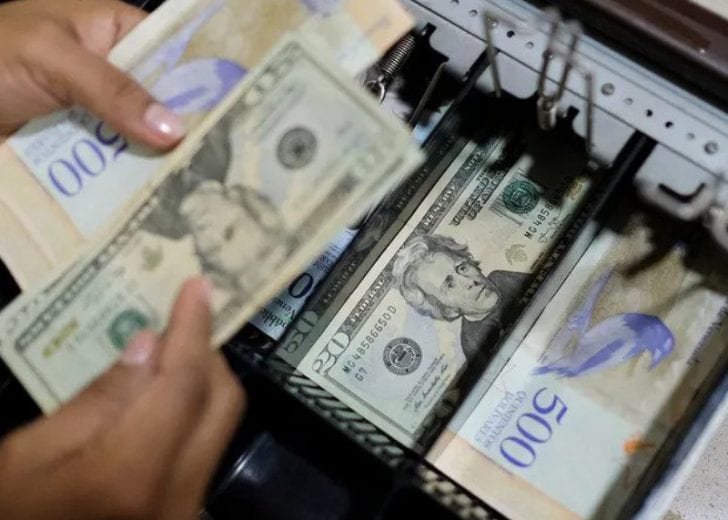If you love traveling, there are places you’ll love so much, and even consider moving to that country. Or you are offered an international position by your employer with fabulous benefits. Whatever your reason, moving abroad is always scary. Money needs to be considered as you cannot risk being stuck in another country without a financial plan. Some things to remember before taking this big leap:
SAVE NOW!

Relocating elsewhere is costly, so start saving about seven to nine months of earnings in your bank account before making this big decision. Depending on your lifestyle, you need the entire savings during that period. Your family status and job will determine your saving levels. Think about the country’s currency; whether having a cheaper or pricier cost of living? This decides how much money you will need.
TAKE A TEST RUN
When travelling to your dream destination, you are captivated by the scenic beauty. But passing through a country and residing there, are very different things with varying needs too. Ensure a test run by visiting the place once more, exploring nooks and corners. Interact with the locals and understand their culture. Remember, you will live with them and you are responsible for understanding them.
BUDGET

Your budget is a key factor in moving abroad as you wish to reduce expenses. You need to set a cap on expenses to avoid being in the red. Learn about the cost of entertainment, food, utilities, housing, education, and possible expenses. Correlate these with your savings and then create a budget list. Always consider the real cost of moving and living abroad while evaluate your expenses. Expenses arising before moving out relate to visas, legal clearances, long-distance shipping and travelling costs. After reaching your destination, costly purchases like cars and furniture, will arise. Consider securing an emergency fund, covering six-seven months of living expenses.
CREDIT

Maintaining a good credit score is difficult and leaving the United States can cause that grade to plummet. People who move abroad will only know about it when they need a home or a car. Some banking institutions offer a sweep-in feature, wherein, any monetary amount over a threshold has to be made into a fixed deposit earning higher interest. Consult a financial advisor for tax implications. Also, clear all short-term debts, while also cancelling all credit cards. If you have a large debt, such as a home loan, shift to the auto payment mode so that monthly instalment payments remain unaffected.
LIFE/ HEALTH INSURANCE
If you have an endowment plan, continue the policy after setting the auto debit mode in your bank account so that premium payments are unaffected. For term insurance plans, check if your insurer provides cover in the country you are relocating to. If not, surrender the policy and buy a fresh term plan abroad. Medical care and health regulations vary from country to country and certain countries demand vaccination proofs you have taken as a child.
SECURE SAFETY OF PERSONAL FINANCE DETAILS

Keep financial data like passwords, usernames and credit cards secure for later access. Arrange with the bank regarding paper-based bank statements and printed credit card bills or activate email options. Inform the banks, mutual funds, credit card companies and insurance companies you use about change in address and activate online requests.




